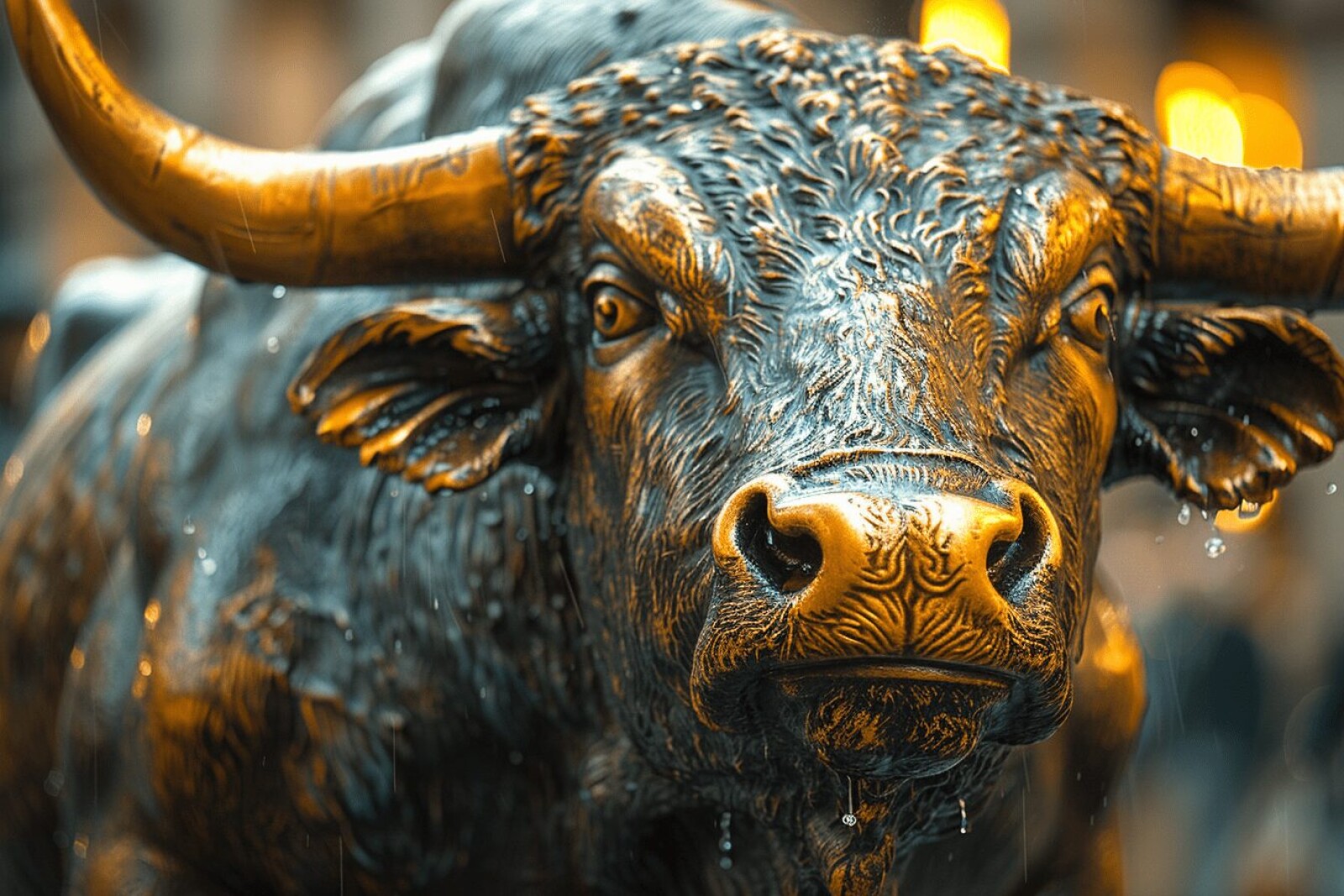
Satoshi Nakamori
NFTs and Music: The Future of the Record Industry

The music industry is experiencing a revolutionary shift with the advent of NFTs. These digital tokens are transforming how music is distributed, owned, and experienced, offering new opportunities for artists and fans alike. Here’s how NFTs are shaping the future of the record industry and what it means for the world of music.
What Are Music NFTs?
Music NFTs are digital tokens that represent ownership or access to a piece of music, such as a song, album, or exclusive content. These NFTs can be bought, sold, and traded on blockchain platforms, providing a verifiable and immutable record of ownership. By leveraging blockchain technology, music NFTs ensure that artists retain control over their work and receive fair compensation.
Music NFTs can take various forms, including:
Songs and Albums: Individual tracks or entire albums minted as NFTs, allowing fans to own a piece of the music.
Exclusive Content: Special editions, unreleased tracks, behind-the-scenes footage, and other unique content offered as NFTs.
Concert Tickets: NFTs can be used as tickets for virtual or in-person concerts, providing secure and verifiable entry.
Merchandise and Memorabilia: Digital collectibles, such as virtual merchandise and autographed items, minted as NFTs.
The Benefits for Artists
NFTs offer several benefits for musicians, empowering them to take control of their careers and connect with fans in new ways. Here are a few key advantages:
Direct Revenue Streams: NFTs provide a direct revenue stream for artists, bypassing traditional intermediaries like record labels and streaming platforms. Artists can sell their music and content directly to fans, retaining a larger share of the profits.
Royalties and Smart Contracts: Smart contracts enable artists to earn royalties on secondary sales. Every time an NFT is resold, the artist receives a percentage of the sale price, ensuring ongoing income.
Creative Freedom: NFTs allow artists to experiment with new formats and distribution methods. Musicians can release limited editions, collaborate with visual artists, and offer unique experiences to their fans.
Fan Engagement: NFTs foster a deeper connection between artists and fans. By offering exclusive content and experiences, artists can create a sense of community and loyalty among their supporters.
Successful Music NFT Projects
Several musicians have successfully embraced NFTs, releasing innovative projects that have resonated with fans and collectors. Here are a few notable examples:
Kings of Leon: The rock band Kings of Leon made headlines by releasing their album “When You See Yourself” as an NFT. The release included limited-edition vinyl records, digital artwork, and front-row seats to future concerts.
3LAU: DJ and producer 3LAU sold a collection of 33 NFTs containing unreleased music and exclusive experiences. The auction raised over $11 million, showcasing the potential for significant earnings in the NFT space.
Tory Lanez: Rapper Tory Lanez released his album “When It’s Dark” as an NFT, selling 1 million copies in just 57 seconds. Each NFT included a digital copy of the album and potential access to future events and content.
The Impact on Fans
For fans, music NFTs offer a unique way to support their favorite artists and gain access to exclusive content. Owning a music NFT can provide:
Exclusive Access: Fans can enjoy special editions, unreleased tracks, and behind-the-scenes content that isn’t available elsewhere.
Investment Opportunities: Music NFTs can appreciate in value, offering fans the chance to invest in their favorite artists and potentially profit from secondary sales.
Enhanced Experiences: NFTs can provide access to virtual concerts, meet-and-greets, and other interactive experiences, enhancing the fan-artist relationship.
Challenges and Considerations
While the potential of music NFTs is exciting, there are challenges and considerations to keep in mind:
Market Volatility: The value of NFTs can be highly volatile, influenced by trends and market sentiment. Artists and fans should be aware of the risks involved.
Environmental Impact: The energy consumption of blockchain networks has raised environmental concerns. Some artists are addressing this by choosing eco-friendly platforms or offsetting their carbon footprint.
Intellectual Property Issues: Ensuring the authenticity and ownership of music NFTs is crucial to prevent unauthorized sales and plagiarism.
The Future of Music NFTs
The future of music NFTs looks promising, with continued growth and innovation expected. As technology advances and more artists embrace NFTs, we can anticipate new and exciting developments in the music industry. Here are a few trends to watch:
Integration with Streaming Services: NFTs could be integrated with streaming platforms, offering fans exclusive content and experiences alongside traditional streaming options.
Virtual Concerts and Events: The rise of virtual reality and augmented reality will enable more immersive and interactive concert experiences, powered by NFTs.
Collaborations and Crossovers: Musicians may collaborate with visual artists, game developers, and other creators to release multi-media NFT projects.
In conclusion, NFTs are revolutionizing the music industry by providing new opportunities for artists and fans to engage, create, and monetize music. By understanding the dynamics of music NFTs and staying informed about trends and challenges, artists and fans can navigate this exciting landscape and shape the future of the record industry.














